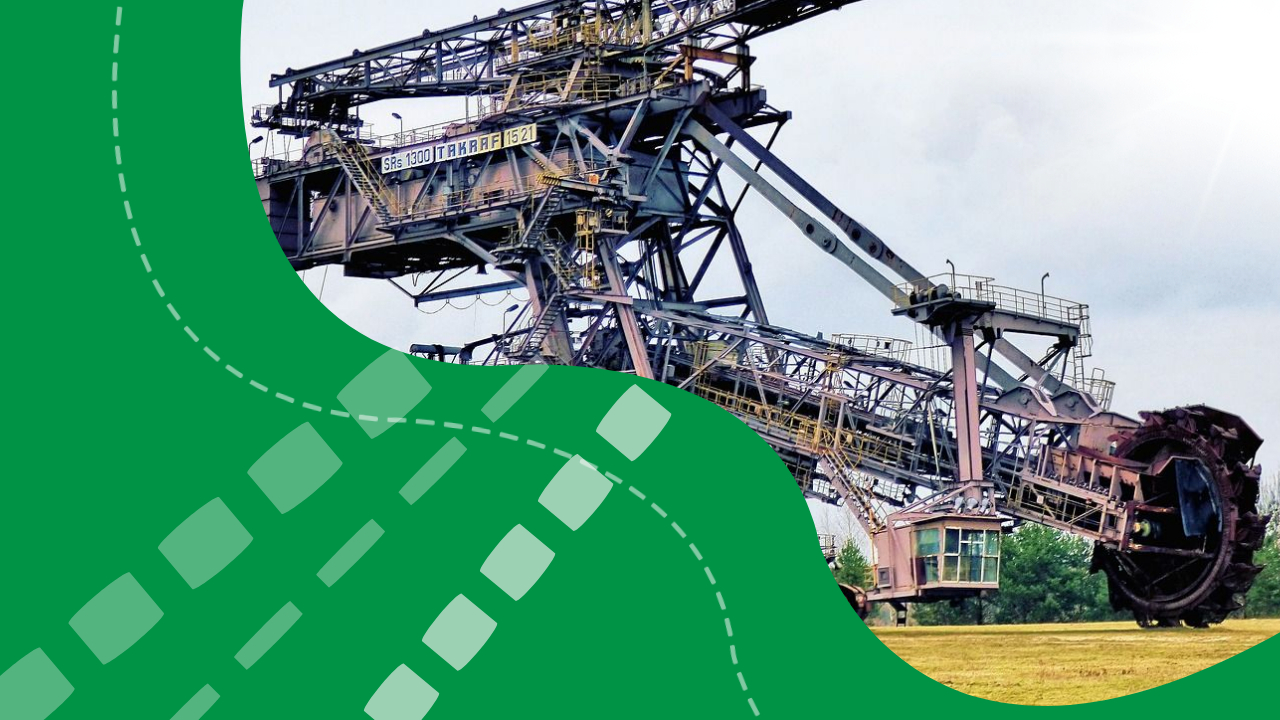In a display of strong commitment to ambitious climate policies, the European Union’s new climate commissioner, Wopke Hoekstra, has affirmed his support for a 90% reduction in net greenhouse gas emissions by 2040. This declaration, made during a Parliament hearing earlier this week, has garnered backing from the Parliament’s environment committee and has led to Hoekstra’s formal confirmation in his new role.
The 2040 target for greenhouse gas reductions will have a significant impact on the supply of CO2 allowances in the EU’s emissions trading scheme, which imposes limits on carbon emissions from large industrial emitters. Financial analysts predict that a 90% reduction target for 2040 will push EU carbon prices above €400 by that time, according to researchers at the London Stock Exchange Group (LSGE).
Currently, carbon prices on the EU ETS stand at €81 per tonne, reaching a peak of €100/t in February of this year. LSGE’s analysis suggests that with the current 2030 decarbonisation target of -55%, the EU’s carbon price is expected to rise to €160/t by the end of the decade. However, if the 90% decarbonisation target is met, the carbon price could soar to €400/t by 2040.
Paula VanLaningham, the director of LSEG Carbon Research, emphasizes that the €400/t price is not the cost of decarbonisation itself, but rather the potential cost faced by businesses that fail to decarbonize under the 90% scenario. Achieving the 90% target would result in near full-decarbonization across various industries, such as power, manufacturing, transportation, and construction.
The European Commission is set to present its 2040 climate target plan in early 2024. This proposal will undergo scrutiny and approval by EU member states and the European Parliament. Hoekstra assures that the Commission’s 2040 plan will be informed by the recommendations of the European Scientific Advisory Board on Climate Change, which supports a 90-95% target range. Hoekstra pledges to act in line with the Board’s advice and utilize all available instruments to facilitate the EU’s achievement of the minimum recommended target of 90% net reductions.
Maroš Šefčovič, the Slovak EU commissioner overseeing the coordination of Europe’s green policies, also backs the 90% target, emphasizing that it will provide clarity and predictability to economic actors and citizens. While the responses from Hoekstra and Šefčovič are not binding decisions, they indicate a clear direction from the commissioners on this issue. The European Union’s carbon market underwent significant reforms this year to align with the EU’s decarbonization objectives for 2030.

